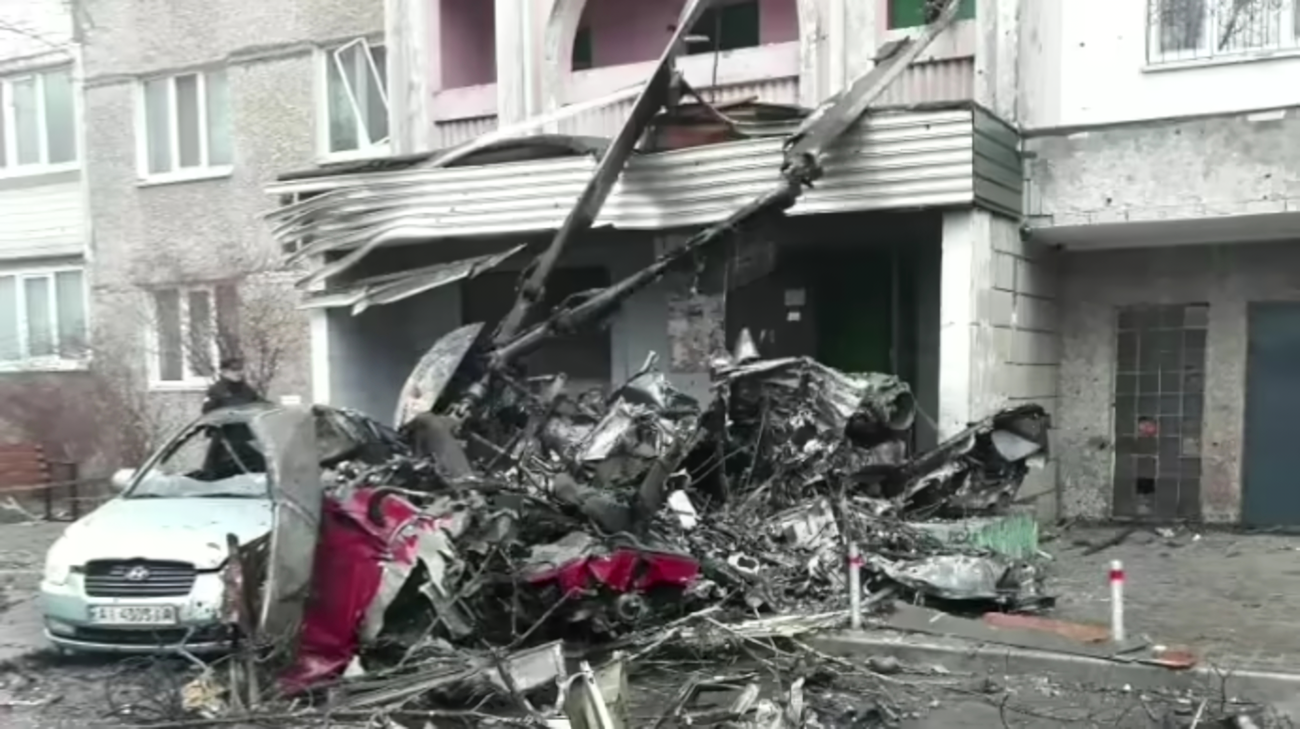Justice Department Has Grim Warning for Convicted January 6 Rioters
The U.S. Justice Department sent a message Wednesday to those hoping for a pardon over their participation in the deadly riot on January 6, 2021: They will have to admit their guilt to receive one.Prosecutors filed a motion responding to a request from the attorney for one rioter, Dova Winegeart, which would have delayed her judgment and report date in the hopes of receiving a presidential pardon when Donald Trump is sworn in next month. The 51-year-old woman was sentenced Monday to four months in prison for violently swinging a pole outside the U.S. Capitol as it was being ransacked by MAGA fanatics nearly four years ago. Prosecutors opposed Winegeart’s motion and issued their own warning to any rioters hoping Trump might save them from jail time, according to Politico. “The defendant hopes to avoid that harm by receiving a presidential pardon from a future executive. But the defendant’s personal motivation to avoid public disclosure of her judgment of conviction is no reason to delay entry of judgment and deviate from the regular order of criminal procedure,” the motion stated. “And, even if the defendant were to receive a pardon at some unspecified date in the future—which is purely speculative at this juncture—that pardon would not unring the bell of conviction,” the prosecutors wrote. “In fact, quite the opposite. The defendant would first have to accept the pardon, which necessitates a confession of guilt.”Prosecutors wrote that a pardon would not undo the fact of the crime, only prevent punishment for that crime. If anything, a pardon would be to admit to the crime. Trump has long promised to pardon the nearly 1,600 people facing charges over their involvement in the riot. Many have attempted to have their judgments delayed until after Trump takes office. Prosecutors took sharp issue with the suggestion that they obey in advance of Trump’s orders. “The criminal justice system cannot operate on such uncertainty. Indeed, it is neither the court’s role or function to speculate about any president’s pardon decisions, nor is it appropriate for the Court to halt the normal functioning of criminal procedure based solely on that speculation,” the prosecutors wrote. “If a future Executive cannot, today, grant a pardon, this Court cannot expand the temporal grace that Executive may or may not extend in the future to … affect the present,” they added.

The U.S. Justice Department sent a message Wednesday to those hoping for a pardon over their participation in the deadly riot on January 6, 2021: They will have to admit their guilt to receive one.
Prosecutors filed a motion responding to a request from the attorney for one rioter, Dova Winegeart, which would have delayed her judgment and report date in the hopes of receiving a presidential pardon when Donald Trump is sworn in next month. The 51-year-old woman was sentenced Monday to four months in prison for violently swinging a pole outside the U.S. Capitol as it was being ransacked by MAGA fanatics nearly four years ago.
Prosecutors opposed Winegeart’s motion and issued their own warning to any rioters hoping Trump might save them from jail time, according to Politico.
“The defendant hopes to avoid that harm by receiving a presidential pardon from a future executive. But the defendant’s personal motivation to avoid public disclosure of her judgment of conviction is no reason to delay entry of judgment and deviate from the regular order of criminal procedure,” the motion stated.
“And, even if the defendant were to receive a pardon at some unspecified date in the future—which is purely speculative at this juncture—that pardon would not unring the bell of conviction,” the prosecutors wrote. “In fact, quite the opposite. The defendant would first have to accept the pardon, which necessitates a confession of guilt.”
Prosecutors wrote that a pardon would not undo the fact of the crime, only prevent punishment for that crime. If anything, a pardon would be to admit to the crime.
Trump has long promised to pardon the nearly 1,600 people facing charges over their involvement in the riot. Many have attempted to have their judgments delayed until after Trump takes office.
Prosecutors took sharp issue with the suggestion that they obey in advance of Trump’s orders.
“The criminal justice system cannot operate on such uncertainty. Indeed, it is neither the court’s role or function to speculate about any president’s pardon decisions, nor is it appropriate for the Court to halt the normal functioning of criminal procedure based solely on that speculation,” the prosecutors wrote.
“If a future Executive cannot, today, grant a pardon, this Court cannot expand the temporal grace that Executive may or may not extend in the future to … affect the present,” they added.



